In perhaps the least surprising news of 2024, the Federal Trade Commission (FTC) has sued to block the largest proposed supermarket merger in U.S. history – Kroger Company’s $24.6 billion acquisition of the Albertsons Companies, Inc. – alleging that the deal is anticompetitive. Currently, Kroger operates approximately 2,700 retail stores and Albertsons runs about 2,300 supermarkets – located in 48 states and Washington, DC.
Also joining the suit are the offices of the attorneys general of Arizona, California, the District of Columbia, Illinois, Maryland, Nevada, New Mexico, Oregon and Wyoming.
The FTC vote to issue the administrative complaint and authorize staff to seek a temporary restraining order and preliminary injunction in federal district court was 3-0.
The FTC issues an administrative complaint when it has reason to believe that the law has been or is being violated, and it appears to the commission that a proceeding is in the public interest. The issuance of the administrative complaint marks the beginning of a proceeding in which the allegations will be tried in a formal hearing before an administrative law judge.
Both retailers said that they would challenge the FTC decision in court, which could set up a lengthy battle over the legality of the ruling. In the past year, several large companies – Meta, Microsoft and United Health Group – have successfully challenged the agency’s initial decisions to block deals involving those companies. All told, in the 32 months since Lina Khan was installed as chairwoman, her agency has sued to block more than three dozen mergers. Other large companies that have prevailed in court against the FTC include Booz Hamilton and U.S. Sugar.
However, this is the first retail food deal the FTC has tried to block since the proposed Whole Foods-Wild Oats merger in 2007. And while large tech and healthcare organizations typically have more free cash at their disposal and arguably more time to grind through legal delays and potential appeals, such breathing room is not as available in the highly competitive, low-margin and ever-changing retail food arena.
Kroger could probably continue to survive and prosper if litigation drags on for 18-24 months; it’s less certain Albertsons could. After all, Albertsons has played second banana to Kroger during many steps of the merger process. Moreover, some of its largest institutional shareholders have been wanting to exit since at least 2015 and their prospects to sell to another party (after a potential deal with Ahold Delhaize fell apart earlier in 2022) aren’t optimal.
The FTC claims are blunt. It said that a merger, which was first announced in October 2022, would lead to increased prices for groceries and other essential household items for millions of Americans. The large federal agency added that the loss of competition will also lead to lower quality products and services, while also narrowing consumers’ choices for where to shop for groceries. For thousands of grocery store workers, Kroger’s proposed acquisition of Albertsons would immediately erase aggressive competition for workers, threatening the ability of employees to secure higher wages, better benefits, and improved working conditions.
“This supermarket mega merger comes as American consumers have seen the cost of groceries rise steadily over the past few years. Kroger’s acquisition of Albertsons would lead to additional grocery price hikes for everyday goods, further exacerbating the financial strain consumers across the country face today,” said Henry Liu, director of the FTC’s Bureau of Competition. “Essential grocery store workers would also suffer under this deal, facing the threat of their wages dwindling, benefits diminishing, and their working conditions deteriorating.”
Kroger was first to respond to the agency’s lawsuit, stating that that the “FTC’s decision makes it more likely that America’s consumers will see higher food prices and fewer grocery stores at a time when communities across the country are already facing high inflation and food deserts. In fact, this decision only strengthens larger, non-unionized retailers like Walmart, Costco and Amazon by allowing them to further increase their overwhelming and growing dominance of the grocery industry.”
The statement continued: “Kroger’s business model is to take costs out of the business and invest in lowering prices for customers. Kroger has reduced prices every year since 2003, resulting in $5 billion invested to lower prices and a 5 percent reduction in gross margin over this period. This business model is immediately applied to merger companies. Kroger has a proven track record of lowering prices so more customers benefit from fresh, affordable food, and our proposed merger with Albertsons stated that the merger would mean even lower prices and more choices for America’s consumers.”
It added that it was “disappointed that the FTC continues to use the same outdated view of the U.S. grocery industry it used 20 years ago” and that it “look[s] forward to presenting [its] arguments in court.”
Also potentially nullified with the FTC’s decision is C&S Wholesale Grocers’ proposed acquisition of 437 stores (mostly Albertsons units), eight distribution centers and two office building for $1.9 billion. An option to acquire 213 additional Albertsons and Kroger stores is now also thrown into limbo.
The FTC said the two retailers have proposed to sell off “a hodgepodge of unconnected stores, banners, brands and other assets that Kroger’s antitrust lawyers have cobbled together.” C&S currently operates 23 supermarkets and one retail pharmacy, the FTC noted, adding that if “C&S were to survive as an operator, Kroger and Albertsons’s proposed divestitures still do not solve the multitude of competitive issues created by the proposed acquisition, according to the complaint.”
In addition to raising grocery prices, the FTC alleges that Kroger’s acquisition of Albertsons would also diminish their incentive to compete on quality. “Today, Kroger and Albertsons compete to improve their stores in many ways, including offering fresher produce, higher quality products, improved private label offerings, a broader array of in-store services, flexible store and pharmacy hours, and curbside pickup services.”
The FTC charges that the deal would eliminate head-to-head price and quality competition, which have driven both supermarkets to lower their prices and improve their product and service offerings. If the merger takes place, grocery prices will increase, and Kroger and Albertsons’ incentive to improve product quality and customer service will decrease, further harming customers.
However, both retail chains have argued that a merger would bring more efficiency in many areas including pricing and technology. Kroger has stated from the outset that it is prepared to spend $500 million to lower prices at Albertsons as well as an additional $1.3 billion to upgrade Albertsons’ physical stores.


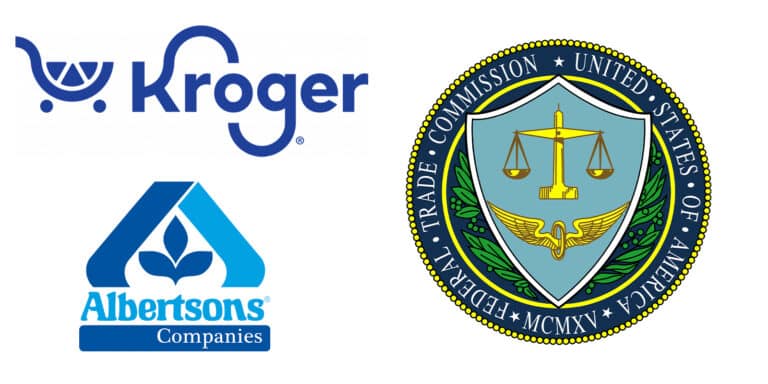
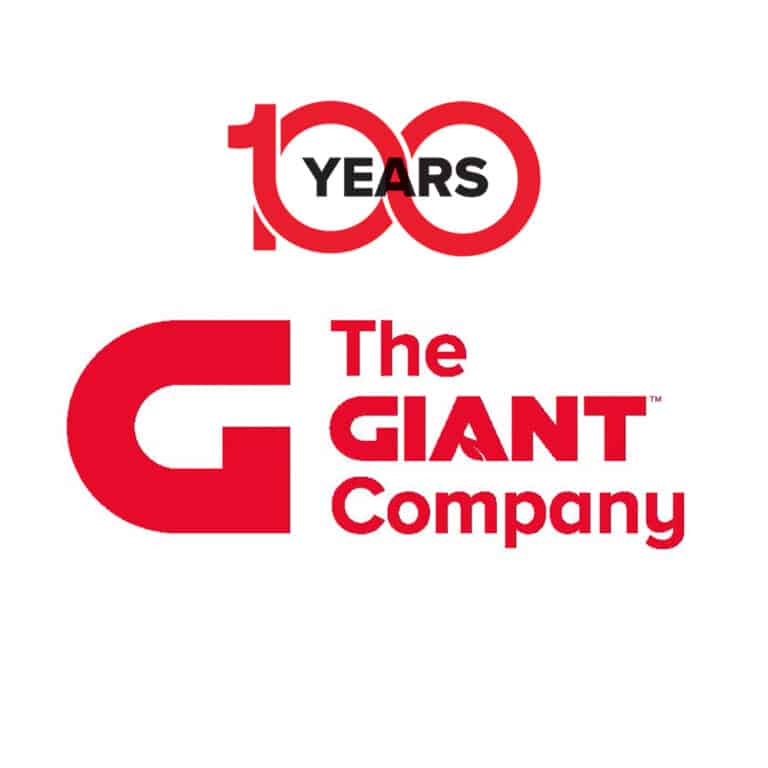
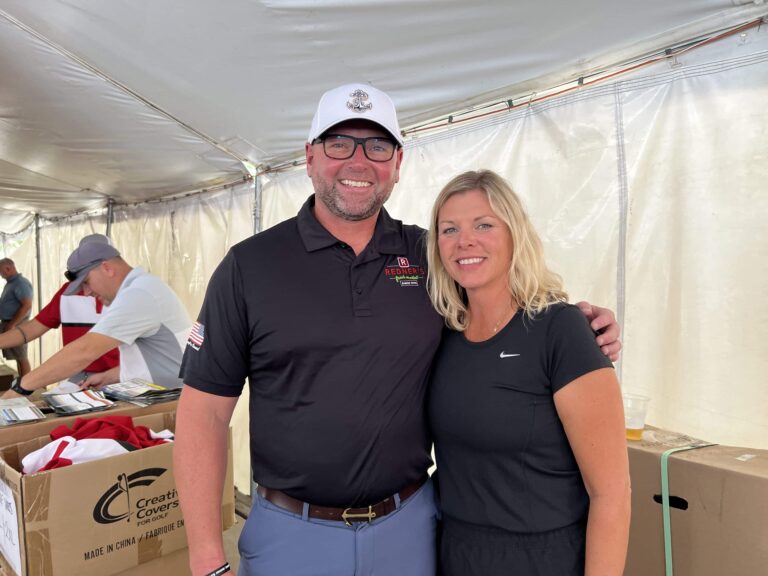

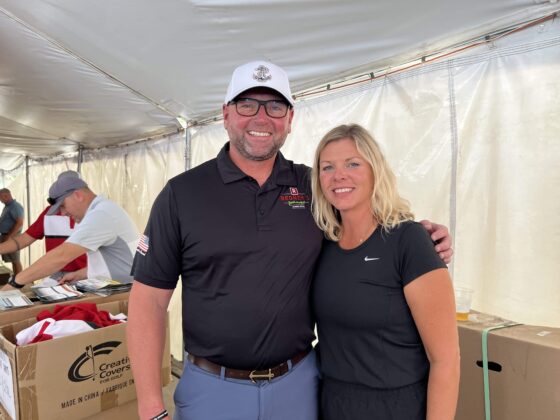
















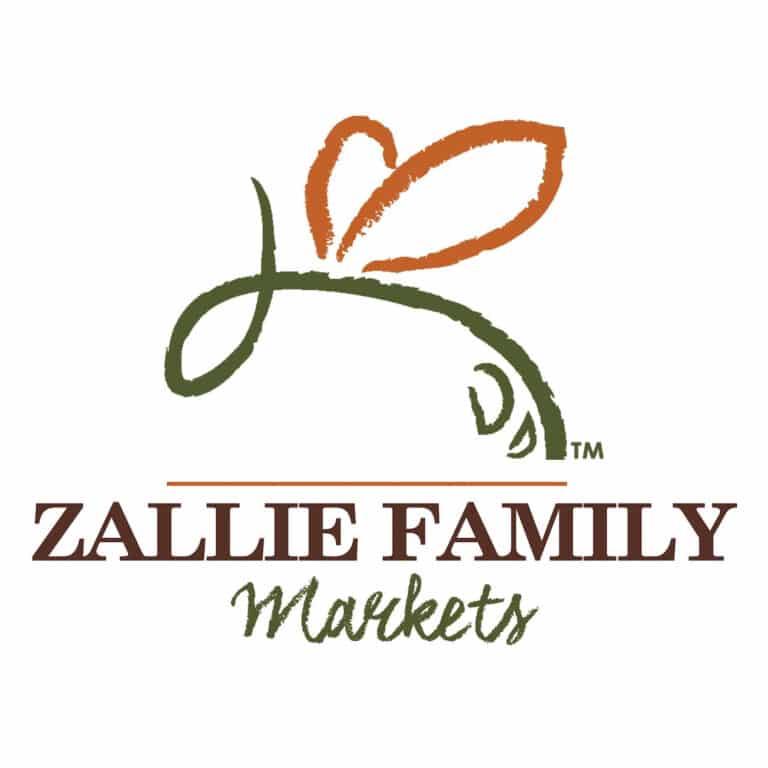

 Our guest this episode is Mark Baum, Chief Collaboration & Commercial Officer of FMI – the Food Industry Association, one of the largest and foremost trade associations in the grocery retail sector.
Our guest this episode is Mark Baum, Chief Collaboration & Commercial Officer of FMI – the Food Industry Association, one of the largest and foremost trade associations in the grocery retail sector.